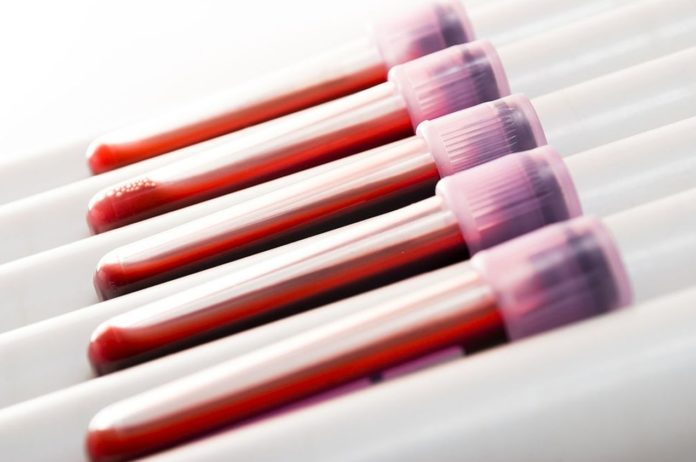A new study published in the journal JAMA, revealed the rate and factors associated with the risk of blood clots and blood thinners after hospital discharge.
Although COVID-19 has a high rate of thrombotic events, the need for continued thromboprophylaxis following hospitalization is not obvious.
AIM of the study
To know the rate of postdischarge arterial and venous thromboembolism in patients with COVID-19, identify the factors associated with the risk of postdischarge venous thromboembolism, and evaluate the association of postdischarge anticoagulation use with venous thromboembolism incidence.
Study Pattern
This is a cohort study of adult patients hospitalized with COVID-19 confirmed by a positive SARS-CoV-2 test. Eligible patients were enrolled at 5 hospitals of the Henry Ford Health System from March 1 to November 30, 2020. Data analysis was performed from April to June 2021.
Study Findings
In this cohort study of 2832 adult patients hospitalized with COVID-19, the mean (SD) age was 63.4 (16.7) years (IQR, 53-75 years), and 1347 patients (47.6%) were men.
Thirty-six patients (1.3%) had postdischarge venous thromboembolic events (16 pulmonary embolism, 18 deep vein thrombosis, and 2 portal vein thrombosis).
Fifteen (0.5%) postdischarge arterial thromboembolic events were observed (1 transient ischemic attack and 14 acute coronary syndrome).
The risk of venous thromboembolism decreased with time (Mann-Kendall trend test, P < .001), with a median (IQR) time to event of 16 (7-43) days.
There was no change in the risk of arterial thromboembolism with time (Mann-Kendall trend test, P = .37), with a median (IQR) time to event of 37 (10-63) days.
Patients with a history of venous thromboembolism (odds ratio [OR], 3.24; 95% CI, 1.34-7.86), peak dimerized plasmin fragment D (D-dimer) level greater than 3 μg/mL (OR, 3.76; 95% CI, 1.86-7.57), and predischarge C-reactive protein level greater than 10 mg/dL (OR, 3.02; 95% CI, 1.45-6.29) were more likely to experience venous thromboembolism after discharge.
Prescriptions for therapeutic anticoagulation at discharge were associated with reduced incidence of venous thromboembolism (OR, 0.18; 95% CI, 0.04-0.75; P = .02).
Results
Although extended thromboprophylaxis in unselected patients with COVID-19 is not supported, these findings suggest that postdischarge anticoagulation may be considered for high-risk patients who have a history of venous thromboembolism, peak D-dimer level greater than 3 μg/mL, and predischarge C-reactive protein level greater than 10 mg/dL, if their bleeding risk is low.
Source: 10.1001/jamanetworkopen.2021.35397
Image Credit: iStock
You were reading: Study reveals Blood clot risk factors in COVID-19 patients after hospital discharge
